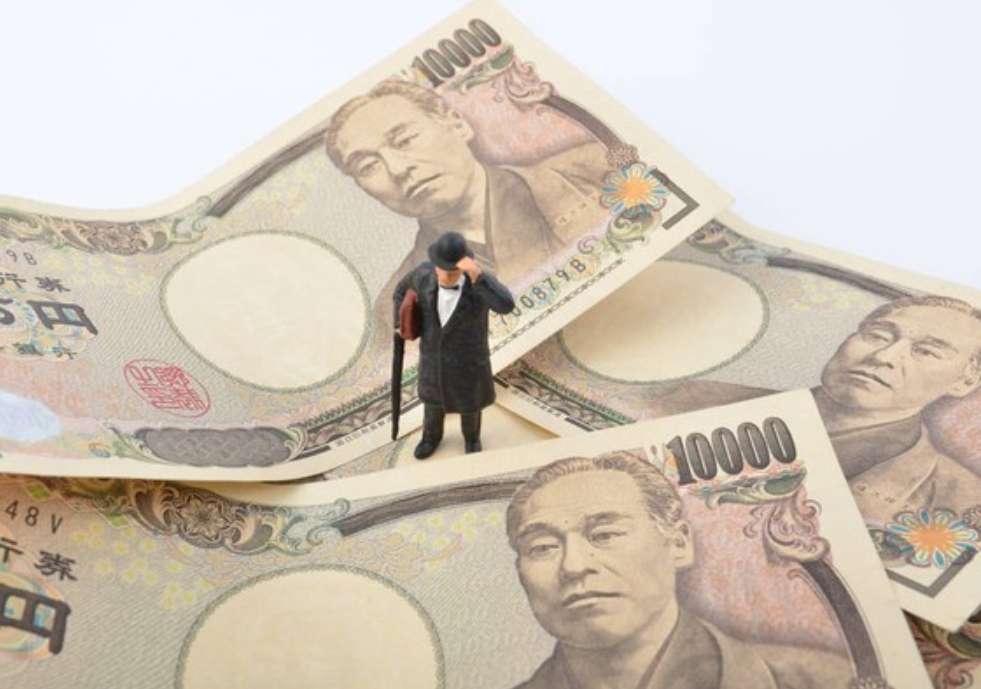Japan Rate Hike Jolts Markets
Advertisements
On January 24, 2025, the Bank of Japan made a significant announcement that sent ripples throughout both domestic and international markets. The decision to raise the interest rate by 25 basis points from 0.25% to 0.50% marked the most substantial increase since 2007 and brought the rate to its highest level since October 2008. This move has reignited discussions about the implications of Japan's monetary policy on a global scale.
Historically, the Bank of Japan has maintained an ultra-loose monetary policy characterized by prolonged periods of extremely low or even negative interest rates. Let's take a brief look back at previous instances when Japan raised interest rates and their effects on the market.
In August 2000, the Bank of Japan ended its zero-interest rate policy, initiating a rate hike that briefly unsettled the stock market. The Nikkei index fell, but the sluggish economic environment prevented any significant rebound in stock prices thereafter. Similarly, in July 2006, the central bank raised rates, which caused the market to briefly retract. Although the Nikkei suffered, the continuing robust global economic conditions eventually led stock prices to recover within months.
Fast forward to 2018, where although Japan did not implement any rate hike, the market was rife with speculation about potential increases. This anticipation caused noticeable volatility in the stock market, reflecting the sensitivity of investors to changes in monetary policy. Then, in March and July of 2024, significant policy shifts occurred when the Bank of Japan ended a 17-year negative interest rate period, first adjusting rates to 0%-0.1% and then to 0.25%. Following these announcements, U.S. markets experienced an 18% decline in one month, illustrating the interconnectedness of global financial systems.
With the new rate hike in January 2025, the immediate aftermath was palpable. The Japanese stock market experienced high volatility as corporate financing costs surged. Companies, burdened with increased expenses, saw profit margins compressed, naturally putting downward pressure on stock prices. Moreover, this turmoil was not confined to Japan; global markets trembled in response, illustrating how deeply Japan is interwoven into the world economy.
Japan's prominent role in the global marketplace means its financial policies resonate widely, altering investor sentiment and prompting a reassessment of investment portfolios across the globe. The reaction was similarly pronounced in the currency market, where fluctuations in the yen were detected almost immediately. Increased interest rates amplified the appeal of yen-denominated assets, leading to a surge in yen purchases and an appreciation against other currencies. This scenario is troublesome for export-driven nations, as a stronger yen can make Japanese products less competitive abroad.

Furthermore, as the yen strengthened, currencies from other nations weakened comparatively, triggering a cascade of effects on the import-export dynamics and economic growth of those countries. The impacts extended to the bond market, where rising interest rates translated into falling bond prices and substantial losses for bond investors. For financial institutions reliant on Japanese bonds, the decline in asset values posed significant challenges.
As the yields on Japanese bonds increased, the ebb and flow of capital began to shift. Funds that had been diverted to other nations in search of higher returns were now redirected back to Japan, creating ripples of adjustment within other countries’ bond markets as yields fluctuated in response to capital movements.
The effects of the Bank of Japan's rate increase are globally comprehensive and multifaceted. Investors and businesses must remain vigilant, adjusting their strategies to navigate the fast-evolving landscape of financial markets. The interplay between Japan's financial decisions and global market reactions reveals a complex web of interdependence that defines the modern economic reality.
Looking forward, the trajectory of Japan's monetary policy remains uncertain. Each step taken by the Bank of Japan not only shapes the future of its economy but reverberates through the global financial ecosystem. As this unfolding narrative continues, stakeholders across the world will undoubtedly be keenly watching and preparing for the next chapter in what can only be described as a high-stakes economic drama.
In conclusion, the Bank of Japan's recent interest rate hike is not merely a national issue but has far-reaching implications that affect stakeholders around the globe. The interconnectedness of markets and economies today amplifies the impact of monetary policy shifts – a theme that will likely be of great relevance in the months and years to come.
Leave a Comment